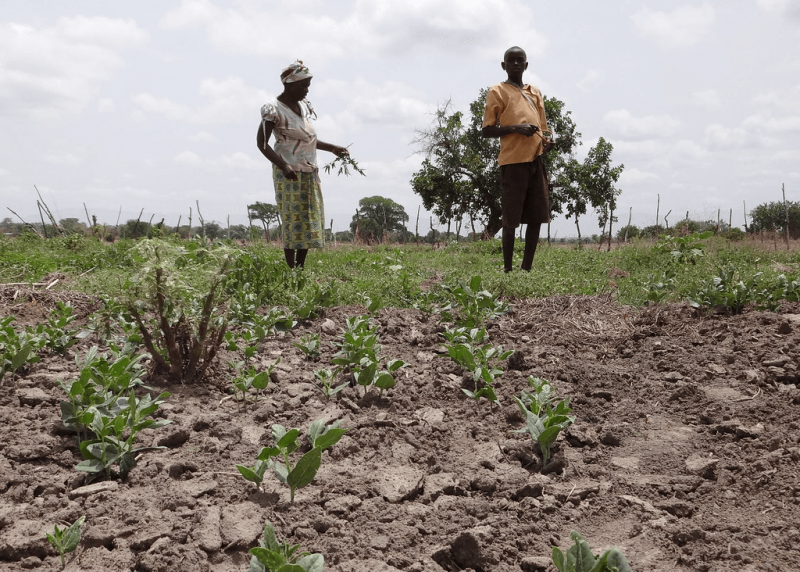The designation of Ghana as the International Atomic Energy Agency’s (IAEA) collaborating center for Africa, focusing on plant breeding and associated technologies for food and nutrition, is being seen as a pivotal moment in the application of genetic modification in Africa.
In a recent press statement, the IAEA announced its collaboration with the Biotechnology and Nuclear Agriculture Research Institute (BNARI) of the Ghana Atomic Energy Commission, in a four-year commitment “to promote research and development on mutation breeding in West and sub-Saharan Africa.”
Ghana has, in recent times, been at the forefront of embracing genetic modification technology to enhance crop and plant species. The nation is poised to introduce its first genetically modified cowpea, developed by the Savannah Agriculture Research Institute (SARI), into the Ghanaian market this year.
Projections indicate that this modified cowpea will substantially increase yields – by nearly 300 percent. Jerry Nboyine, a senior research fellow at SARI highlighted in an interview on GhanaWeb that the modified variety does not require the use of insecticides, in contrast to non-GMO cowpeas.
…
Africa’s food crisis cannot be understated, and it extends beyond hunger, encompassing nutrition gaps that have been exacerbated by erratic climate conditions resulting from local and global human-induced climate change, and logistics challenges.































